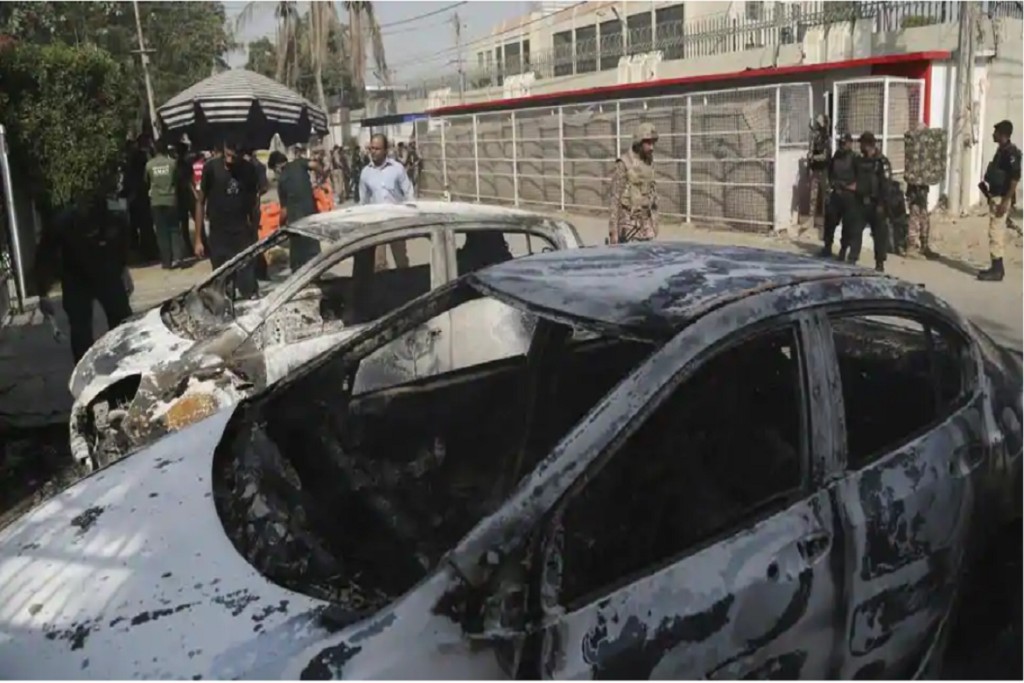By Denis Korkodinov
Balancing between Saudi Arabia and Iran, Islamabad could be on the verge of the deepest crisis. The intensification of separatist sentiments in Pakistan’s Balochistan in the west of the country against the background of the construction of the Saudi gas pipeline indicates that Islamabad is in an extremely vulnerable position. Increasing pressure on Iran creates the risk of an escalation of civil conflict in Pakistan.
In case of flirting with Riyadh, Pakistan, moreover, risks losing Chinese investments in the amount of $ 45 billion, which have already been mastered in the framework of the China-Pakistan Economic Corridor (CPEC) project. As compensation, Islamabad can only count on the $ 10 billion pledged by Saudi Arabia to build an oil refinery in the separatist-minded province of Baluchistan. In turn, local separatists are very negatively disposed towards Pakistan-Saudi rapprochement, and therefore threaten official Islamabad with an escalation of civil conflict and new terrorist attacks.
Apparently, Pakistan may face the threat of the next terrorist attacks, similar to the one that was committed on May 12, 2019 by the militants of the Balochistan Liberation Army. It is noteworthy that then the reason for the attack on the “Zaver Pearl Continental Hotel”, located in the port of Gwadar, was not only a rapprochement of Islamabad with China. Thus, shortly before the terrorist act, Pakistan’s Prime Minister Imran Khan concluded preliminary agreements with Iran’s President Hassan Rouhani on security cooperation.
The leader of Pakistani militants, Jihanda Baluj, immediately after the events of May 12, 2019, publicly stated that the attack was directed not only against Chinese investors, but against all foreign states that intend to maintain relations with official Islamabad. A little earlier, Jihand Baluch in his report noted that the militants under his control would not allow any investment in Pakistan until independence of Balochistan.
Thus, regardless of whether an oil refinery will be built with Saudi Arabian money in the port of Gwadar, or there will be a network of Iranian facilities, or China will continue to invest in the region – for local separatists it does not matter. They are ready to boycott any commercial projects in which Islamabad will directly or indirectly take part.
However, the national security of Pakistan is threatened not only by the Balochistan Liberation Army. Thus, the militants of the “Islamic State” in April 2019 committed a terrorist act in the administrative center of Baluchi Quetta.
The country’s current prime minister, not wanting to quarrel with either Tehran or Riyadrm, was forced to promise in the international arena that the Pakistani leadership would eliminate all hotbeds of terrorism in the country. The situation is complicated by the fact that the Ayatollah and Riyadh regime, disillusioned with the promises of official Islamabad, may attempt an offensive operation on the positions of militants that are within Pakistan. And, given that Iranians and Saudis will start shooting at each other on Pakistani land in the first place, Islamabad risks being the scene of a big military conflict.
(The opinions expressed in this article are solely those of the author and do not necessarily reflect the views of World Geostrategic Insights)
Image Credit: Supchina







